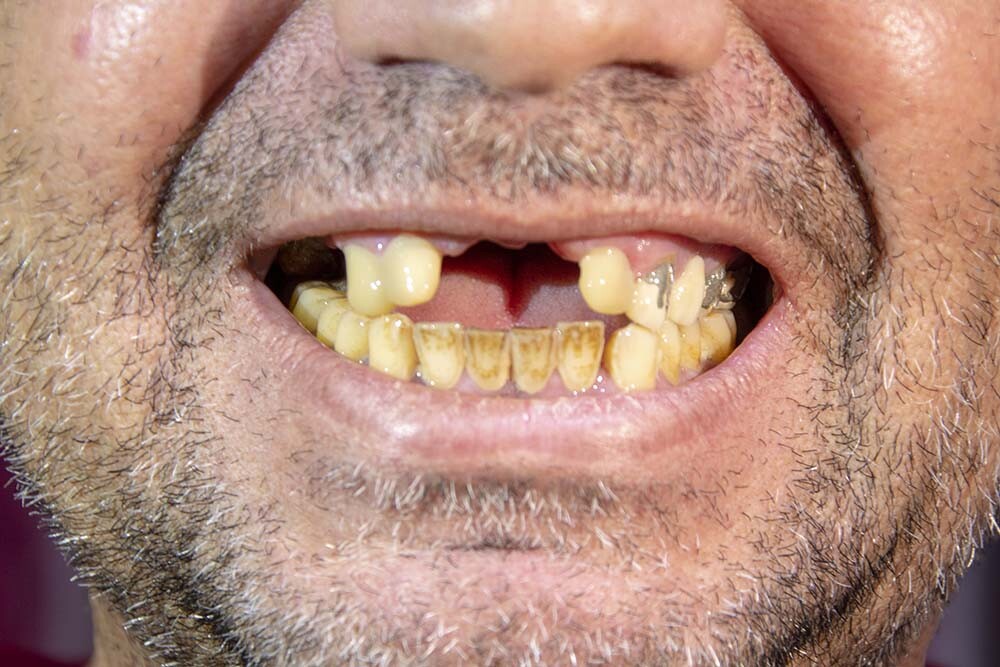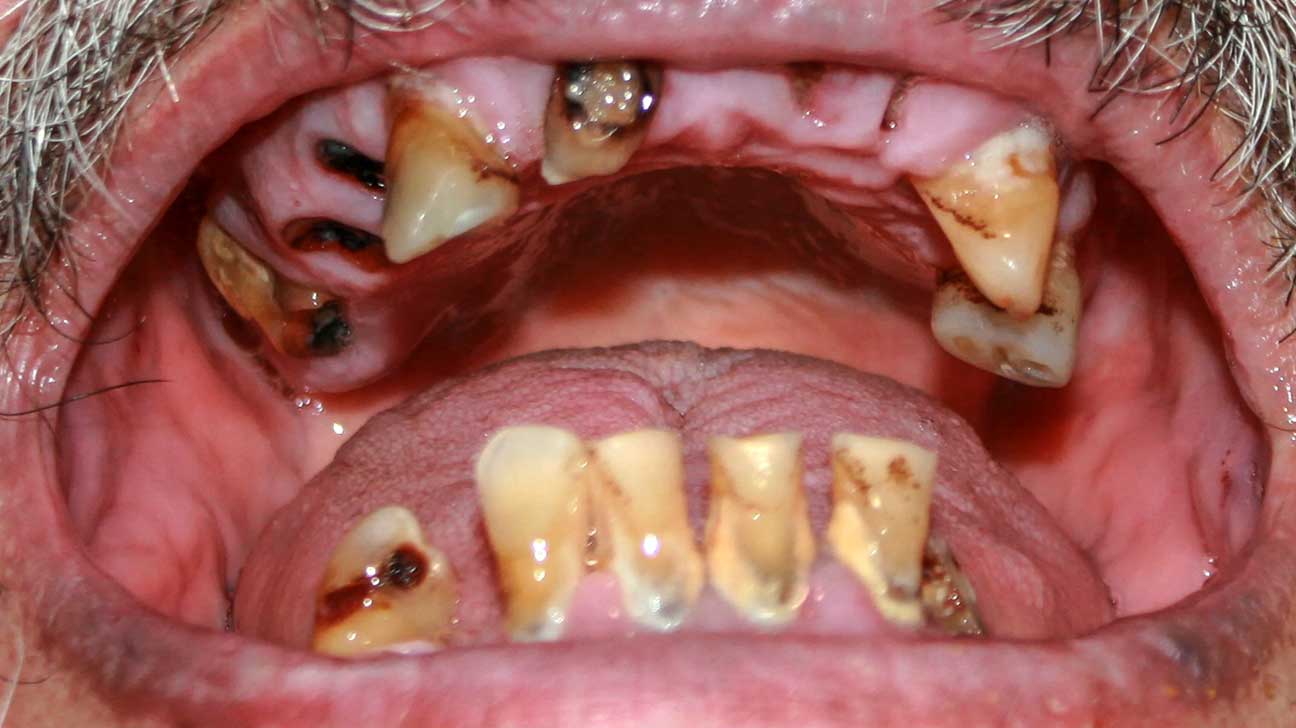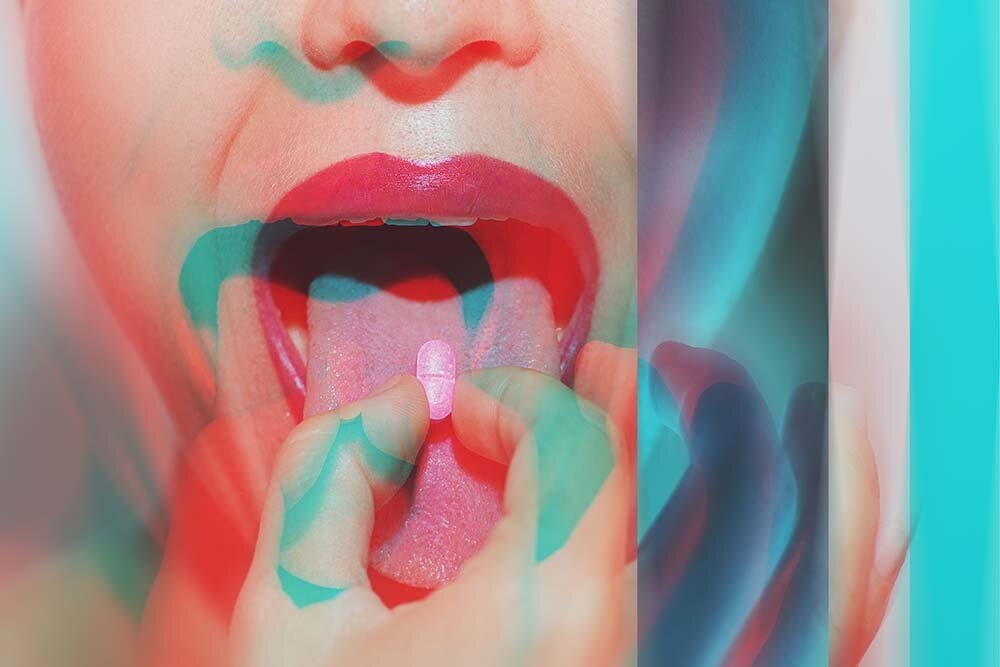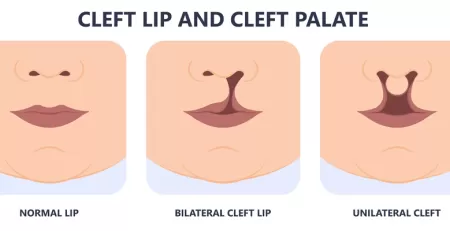Illicit drug use continues to be a pressing issue in our society, affecting individuals’ overall health and oral well-being.
The impact of illegal drugs on oral health is linked to various detrimental effects, exacerbating existing dental problems and leading to new ones.
Understanding the Serious Consequences of Drugs on Oral Health

Illicit drugs, such as cocaine, methamphetamine, heroin, and ecstasy, pose significant risks to oral health.
The chemicals in these substances can damage teeth and gums, disrupt saliva production, and alter oral microbiota.
Chronic drug abuse often leads to neglect of oral hygiene practices, poor nutrition, and increased risk-taking behaviours, all of which contribute to the deterioration of oral health.
One of the most noticeable effects of illicit drug use on oral health is severe tooth decay and cavities.
The high sugar content in certain drugs and decreased saliva production create an ideal environment for bacteria to thrive, leading to rapid tooth decay.
Additionally, drug-induced dry mouth increases the risk of gum disease, as saliva plays a crucial role in flushing away harmful bacteria and maintaining a healthy oral environment.

Gum and periodontal disease are other common oral health issues associated with drug use.
The inflammatory effects of illicit drugs can cause gums to become swollen, tender, and prone to bleeding.
Left untreated, gum disease can progress to more advanced stages, leading to tooth loss and even affecting overall systemic health.
Beyond the physical effects, drug use can also have psychological and behavioural impacts on oral health.
Substance abuse often leads to poor decision-making, neglecting oral hygiene, and engaging in harmful habits such as teeth grinding (bruxism) and jaw clenching.
These habits can result in tooth wear, enamel erosion, and jaw joint disorders (TMJ). Several factors contribute to this phenomenon:
First, certain drugs, such as stimulants like cocaine or methamphetamine, can stimulate the central nervous system, increasing muscle tension throughout the body, including the jaw muscles. This heightened muscle activity can manifest as bruxism.
Secondly, drugs can disrupt the normal regulation of neurotransmitters in the brain, specifically dopamine and serotonin, which control muscle movements.
Imbalances in these neurotransmitters can result in abnormal muscle contractions, including those associated with bruxism.
Additionally, drug use can lead to increased anxiety, stress, and emotional arousal, all of which can contribute to developing or exacerbating bruxism.
These psychological factors can intensify muscle tension and lead to unconscious teeth grinding or clenching.
It’s important to note that bruxism caused by drug use is often temporary and typically ceases once the drug’s effects wear off.
However, chronic drug abuse can lead to persistent bruxism, which can have long-term detrimental effects on dental health, including tooth wear, fractures, and jaw discomfort.

It is crucial for individuals struggling with drug addiction to seek professional help from healthcare providers, including dentists.
Dentists can play a vital role in diagnosing and treating oral health problems related to drug use.
They can provide comprehensive examinations, develop tailored treatment plans, and offer support and resources to address addiction issues.
In conclusion, the effects of illicit drug use on oral health are substantial and far-reaching.
It is imperative for individuals facing drug addiction to understand the importance of seeking professional help and prioritising their oral health.
Amazing Smiles Dental on the Gold Coast and South East Queensland, Brisbane areas, stands ready to provide confidential, compassionate care, guidance, and treatment options for those affected by drug-related restorative teeth problems.
Together, we can make a difference in restoring and maintaining a healthy smile, which will contribute to overall well-being and quality of life.
For individuals or if you know of loved ones suffering from addiction, please visit https://adis.health.qld.gov.au/ for support and rehabilitation assistance.
Note: This article is for informational purposes only and should not be considered a substitute for professional medical or dental advice. If you or someone you know is struggling with substance abuse, please seek help from a qualified healthcare professional.




